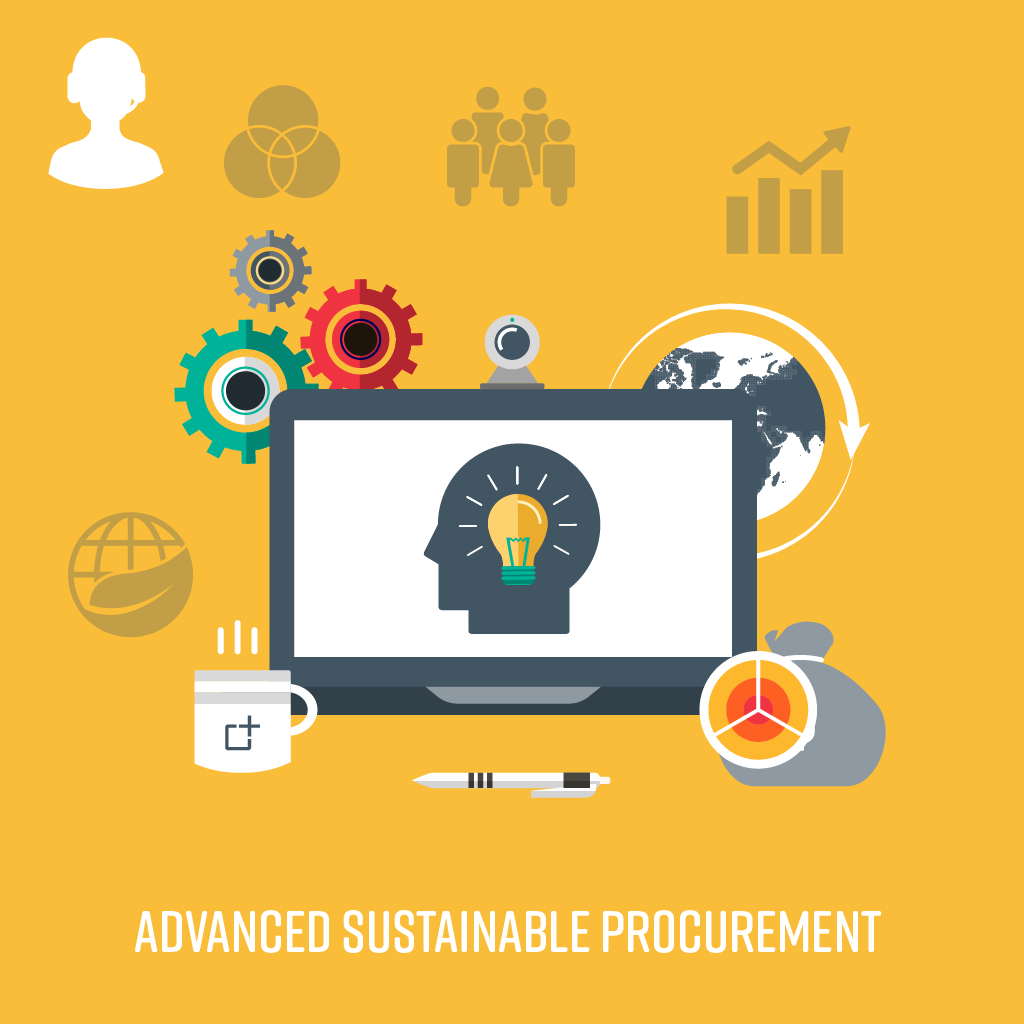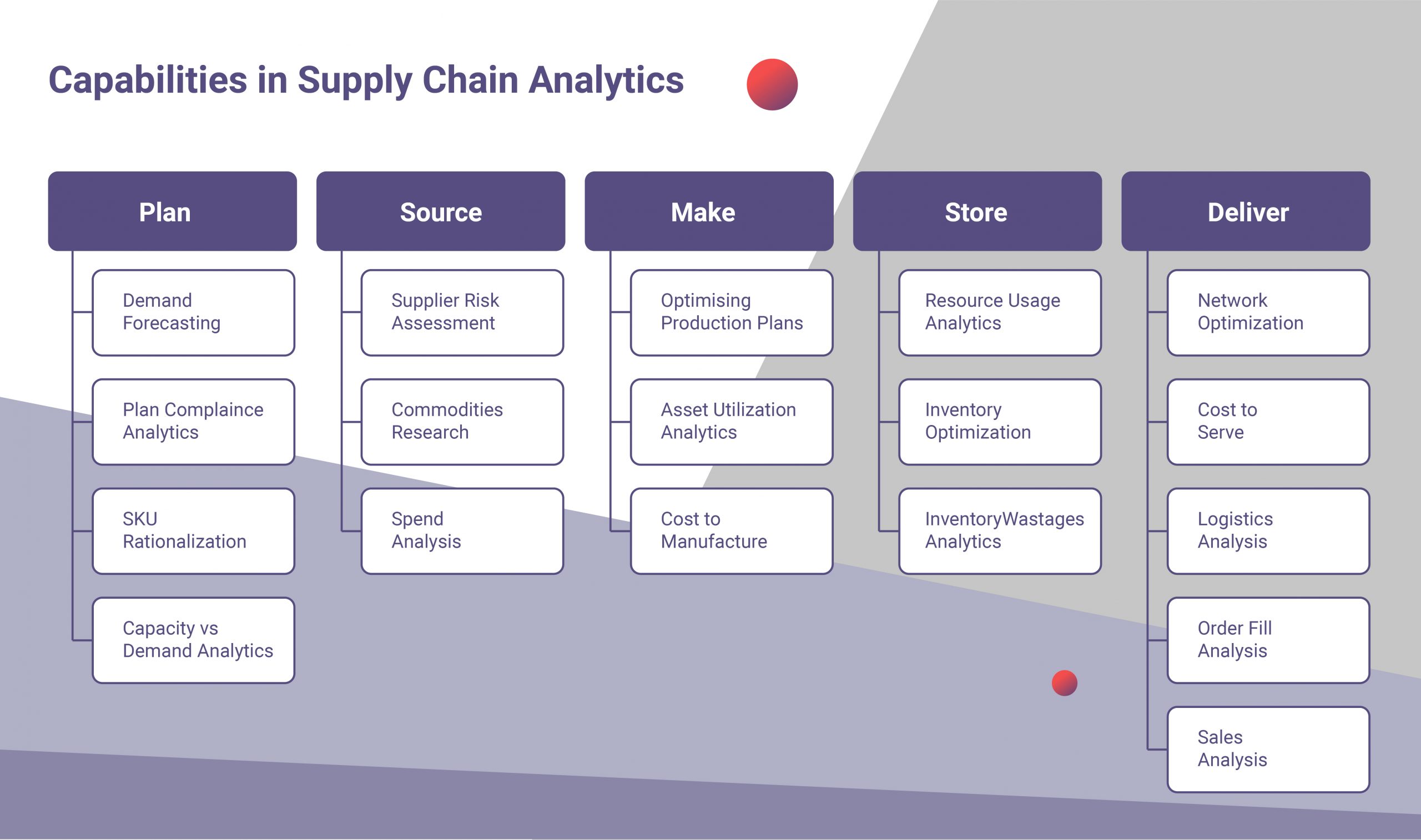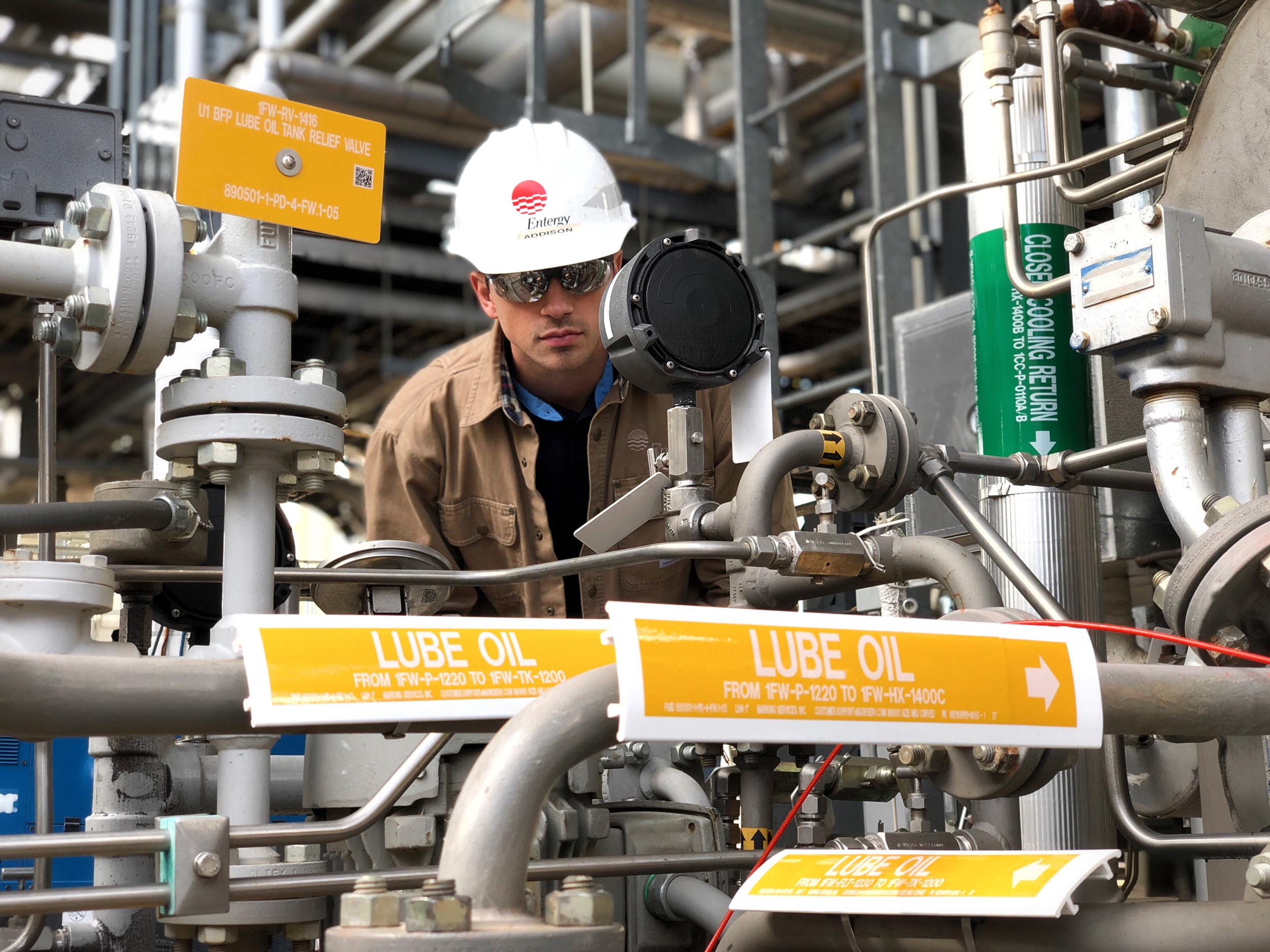
In view of the current economic growth, the industrial engineering sector is expected to grow faster that the average for all occupations during the next decade. With 22,400 job openings per year, the employment of industrial engineers is expected to rise by 10 percent. In May 2021, industrial engineers earned $95,300 as the median wage.
There are many Atlanta-based companies looking to hire industrial engineers. RINDT Inc., an engineering and construction firm worldwide that offers engineering services to local government agencies, is one example. Lockheed Martin Aeronautics, which manufactures military and commercial airplanes worldwide, has its headquarters in the same area. Some of the other large employers are Augusta University, which houses the state's only graduate programs in public health, and Americold, a leading supplier of material handling equipment.

The key aspect of industrial engineering involves optimizing the manufacturing process in order to make it run smoothly. In a nutshell an industrial engineer checks the facility for inefficiencies and discovers ways to correct them. They might also perform workflow studies in order to improve the process. They may also use mathematical modeling in order to find the best approach for a project.
The Industrial Power Systems Design Technician role requires an aptitude in industrial power system maintenance and design. This position requires a strong interest for the industrial power system design process and one years of light industrial maintenance experience. The Fundamentals of Engineering exam must be passed.
The transportation Analytics Co-op assists in improving operational efficiency via the use of industrial engineering tech. This program will assist in the design, implementation, and management of decision support tools, as well as optimization techniques. These tools can reduce costs, increase efficiency, or improve operational performance.
Augusta University, the state's only public health graduate program, is the largest employer within the metro. Augusta is Georgia's third largest municipality. Augusta is also located in Augusta County. It is also home to the Augusta Country Club, which is on the National Register of Historic Places. This club was founded in 1903. It is also the home to the Imperial Theatre. James Brown was born here.

You can get an idea of the area's industrial engineering by looking at the available positions and their salaries. There are many companies offering internships in the field of industrial engineering. These opportunities can often be found in short commutes. They will help you get started in industrial engineering. If you are applying for these positions, it is important to have a resume. Monster provides a free profile that can be used to assist you. Monster also provides a wide range of services and tools that will help you to succeed in your job hunt. You will be able make better informed decisions about this career. You can take the first step to your success.
FAQ
What is meant by manufacturing industries?
Manufacturing Industries are companies that manufacture products. Consumers are those who purchase these products. These companies employ many processes to achieve this purpose, such as production and distribution, retailing, management and so on. They create goods from raw materials, using machines and various other equipment. This includes all types of manufactured goods, including food items, clothing, building supplies, furniture, toys, electronics, tools, machinery, vehicles, pharmaceuticals, medical devices, chemicals, and many others.
What are the 7 Rs of logistics management?
The acronym 7R's of Logistic is an acronym that stands for seven fundamental principles of logistics management. It was developed by International Association of Business Logisticians (IABL), and published as part of their "Seven Principles of Logistics Management Series" in 2004.
The acronym is made up of the following letters:
-
Responsible - ensure that actions are in compliance with legal requirements and do not cause harm to others.
-
Reliable - have confidence in the ability to deliver on commitments made.
-
Be responsible - Use resources efficiently and avoid wasting them.
-
Realistic – consider all aspects of operations, from cost-effectiveness to environmental impact.
-
Respectful - Treat people fairly and equitably
-
Reliable - Find ways to save money and increase your productivity.
-
Recognizable provides value-added products and services to customers
Can some manufacturing processes be automated?
Yes! Automation has been around since ancient times. The wheel was invented by the Egyptians thousands of years ago. We now use robots to help us with assembly lines.
Robotics is used in many manufacturing processes today. They include:
-
Assembly line robots
-
Robot welding
-
Robot painting
-
Robotics inspection
-
Robots that make products
Manufacturing can also be automated in many other ways. 3D printing makes it possible to produce custom products in a matter of days or weeks.
What skills does a production planner need?
You must be flexible and organized to become a productive production planner. You must also be able to communicate effectively with clients and colleagues.
How can manufacturing prevent production bottlenecks?
The key to avoiding bottlenecks in production is to keep all processes running smoothly throughout the entire production cycle, from the time you receive an order until the time when the product ships.
This includes both quality control and capacity planning.
Continuous improvement techniques like Six Sigma are the best way to achieve this.
Six Sigma can be used to improve the quality and decrease waste in all areas of your company.
It is focused on creating consistency and eliminating variation in your work.
What do you mean by warehouse?
A warehouse or storage facility is where goods are stored before they are sold. It can be indoors or out. In some cases, it may be a combination of both.
What are the 4 types manufacturing?
Manufacturing is the process that transforms raw materials into useful products. Manufacturing involves many activities, including designing, building, testing and packaging, shipping, selling, service, and so on.
Statistics
- According to a Statista study, U.S. businesses spent $1.63 trillion on logistics in 2019, moving goods from origin to end user through various supply chain network segments. (netsuite.com)
- It's estimated that 10.8% of the U.S. GDP in 2020 was contributed to manufacturing. (investopedia.com)
- Many factories witnessed a 30% increase in output due to the shift to electric motors. (en.wikipedia.org)
- Job #1 is delivering the ordered product according to specifications: color, size, brand, and quantity. (netsuite.com)
- [54][55] These are the top 50 countries by the total value of manufacturing output in US dollars for its noted year according to World Bank.[56] (en.wikipedia.org)
External Links
How To
How to use lean manufacturing in the production of goods
Lean manufacturing refers to a method of managing that seeks to improve efficiency and decrease waste. It was first developed in Japan in the 1970s/80s by Taiichi Ahno, who was awarded the Toyota Production System (TPS), award from KanjiToyoda, the founder of TPS. Michael L. Watkins published the "The Machine That Changed the World", the first book about lean manufacturing. It was published in 1990.
Lean manufacturing refers to a set of principles that improve the quality, speed and costs of products and services. It emphasizes reducing defects and eliminating waste throughout the value chain. The five-steps of Lean Manufacturing are just-in time (JIT), zero defect and total productive maintenance (TPM), as well as 5S. Lean manufacturing eliminates non-value-added tasks like inspection, rework, waiting.
Lean manufacturing not only improves product quality but also reduces costs. Companies can also achieve their goals faster by reducing employee turnover. Lean manufacturing has been deemed one of the best ways to manage the entire value-chain, including customers, distributors as well retailers and employees. Lean manufacturing practices are widespread in many industries. Toyota's philosophy is the foundation of its success in automotives, electronics and appliances, healthcare, chemical engineers, aerospace, paper and food, among other industries.
Five basic principles of Lean Manufacturing are included in lean manufacturing
-
Define Value: Identify the social value of your business and what sets you apart.
-
Reduce Waste - Remove any activity which doesn't add value to your supply chain.
-
Create Flow: Ensure that the work process flows without interruptions.
-
Standardize and simplify - Make your processes as consistent as possible.
-
Building Relationships – Establish personal relationships with both external and internal stakeholders.
Lean manufacturing, although not new, has seen renewed interest in the economic sector since 2008. To increase their competitiveness, many businesses have turned to lean manufacturing. In fact, some economists believe that lean manufacturing will be an important factor in economic recovery.
Lean manufacturing is now becoming a common practice in the automotive industry, with many benefits. These include better customer satisfaction and lower inventory levels. They also result in lower operating costs.
The principles of lean manufacturing can be applied in almost any area of an organization. Lean manufacturing is most useful in the production sector of an organisation because it ensures that each step in the value-chain is efficient and productive.
There are three main types of lean manufacturing:
-
Just-in-Time Manufacturing: Also known as "pull systems", this type of lean manufacturing uses just-in-time manufacturing (JIT). JIT refers to a system in which components are assembled at the point of use instead of being produced ahead of time. This strategy aims to decrease lead times, increase availability of parts and reduce inventory.
-
Zero Defects Manufacturing (ZDM): ZDM focuses on ensuring that no defective units leave the manufacturing facility. You should repair any part that needs to be repaired during an assembly line. This also applies to finished products that need minor repairs before being shipped.
-
Continuous Improvement: Continuous Improvement aims to improve efficiency by continually identifying problems and making adjustments to eliminate or minimize waste. It involves continuous improvement of processes, people, and tools.